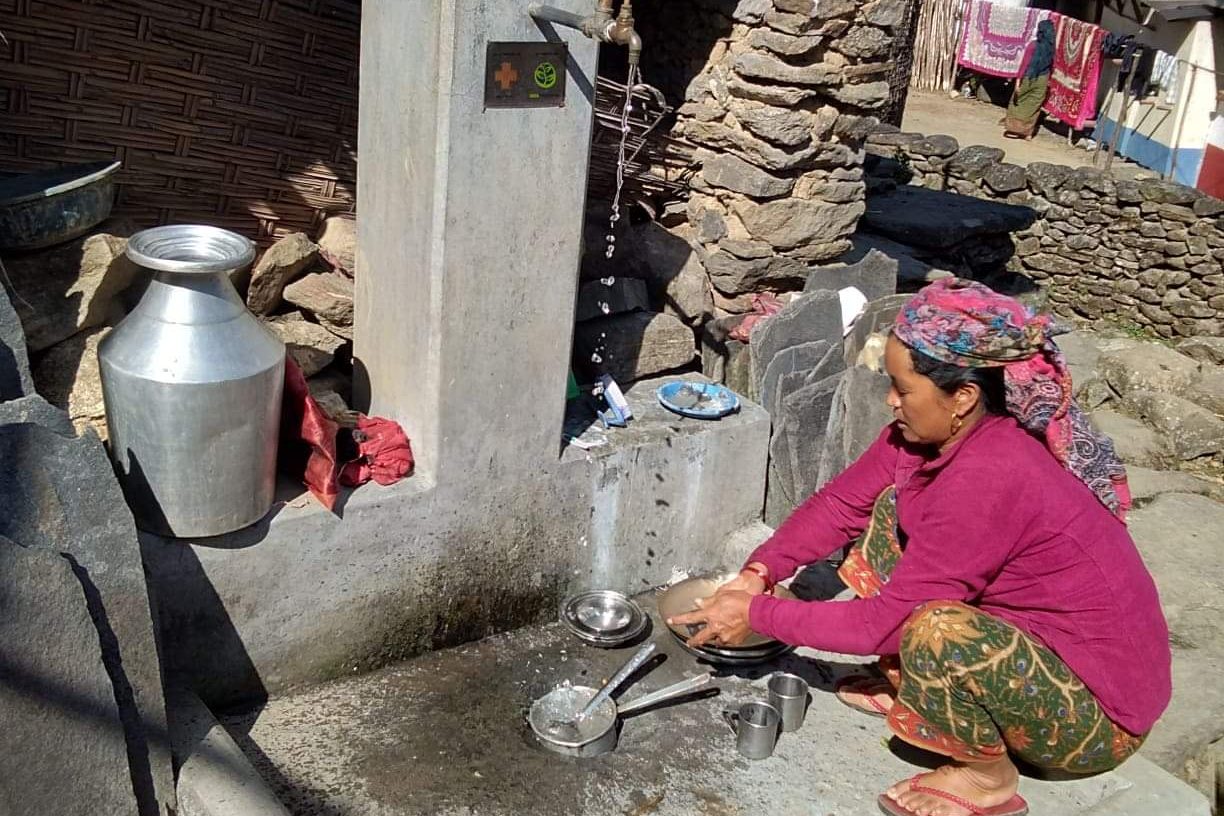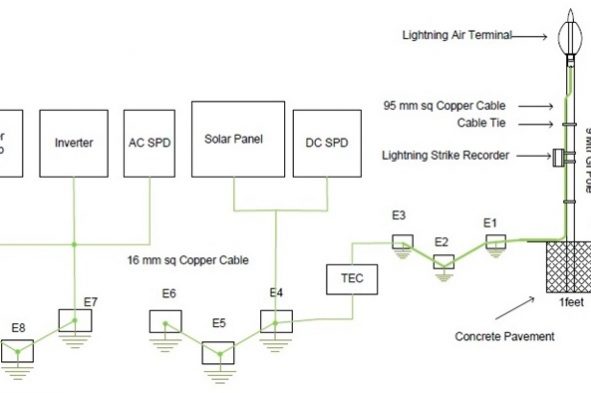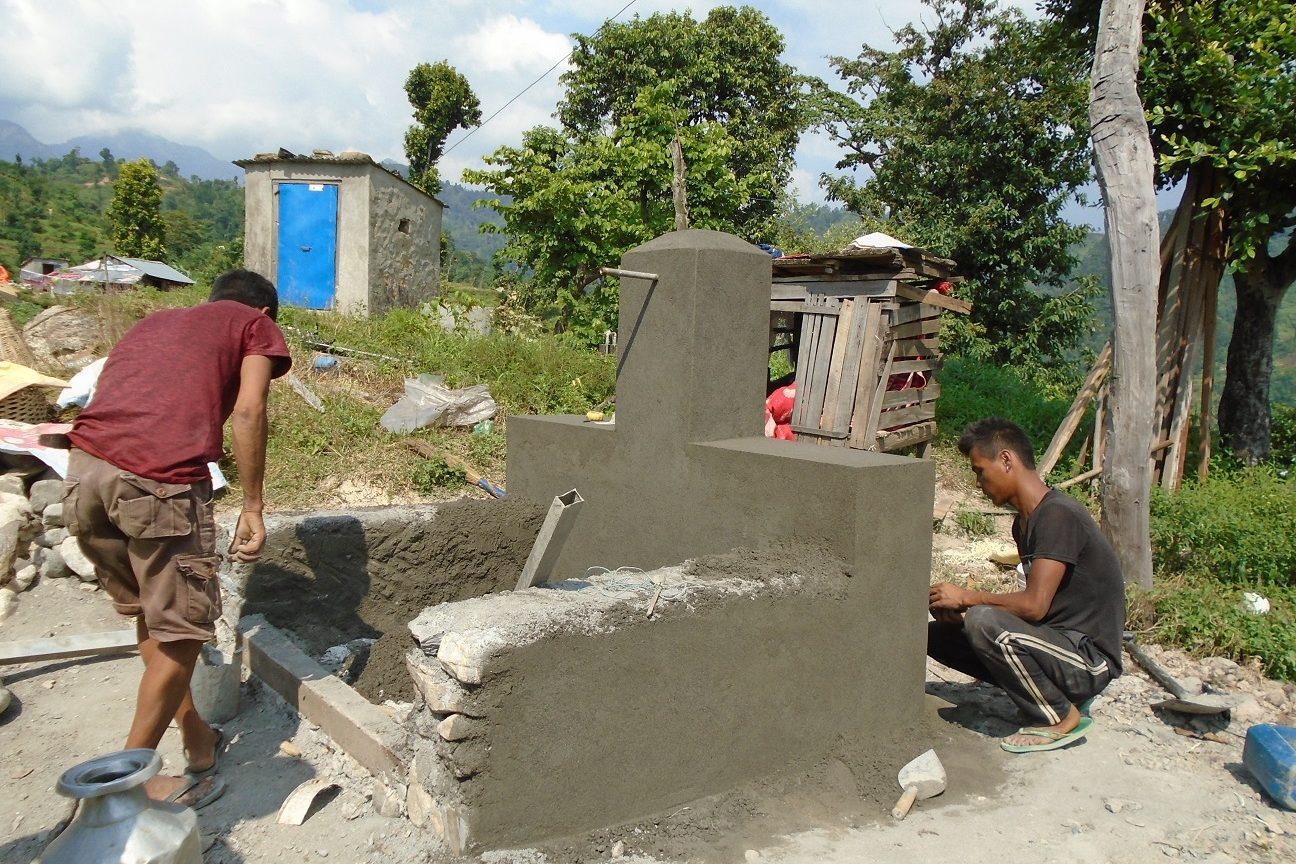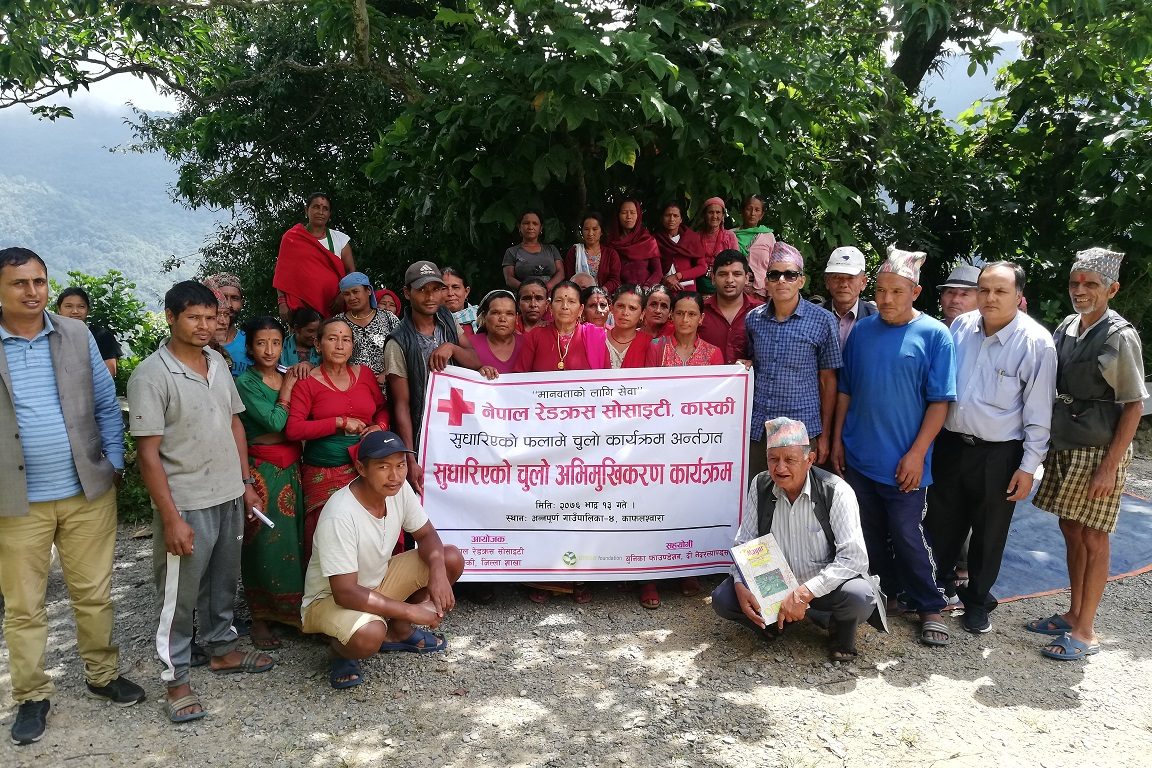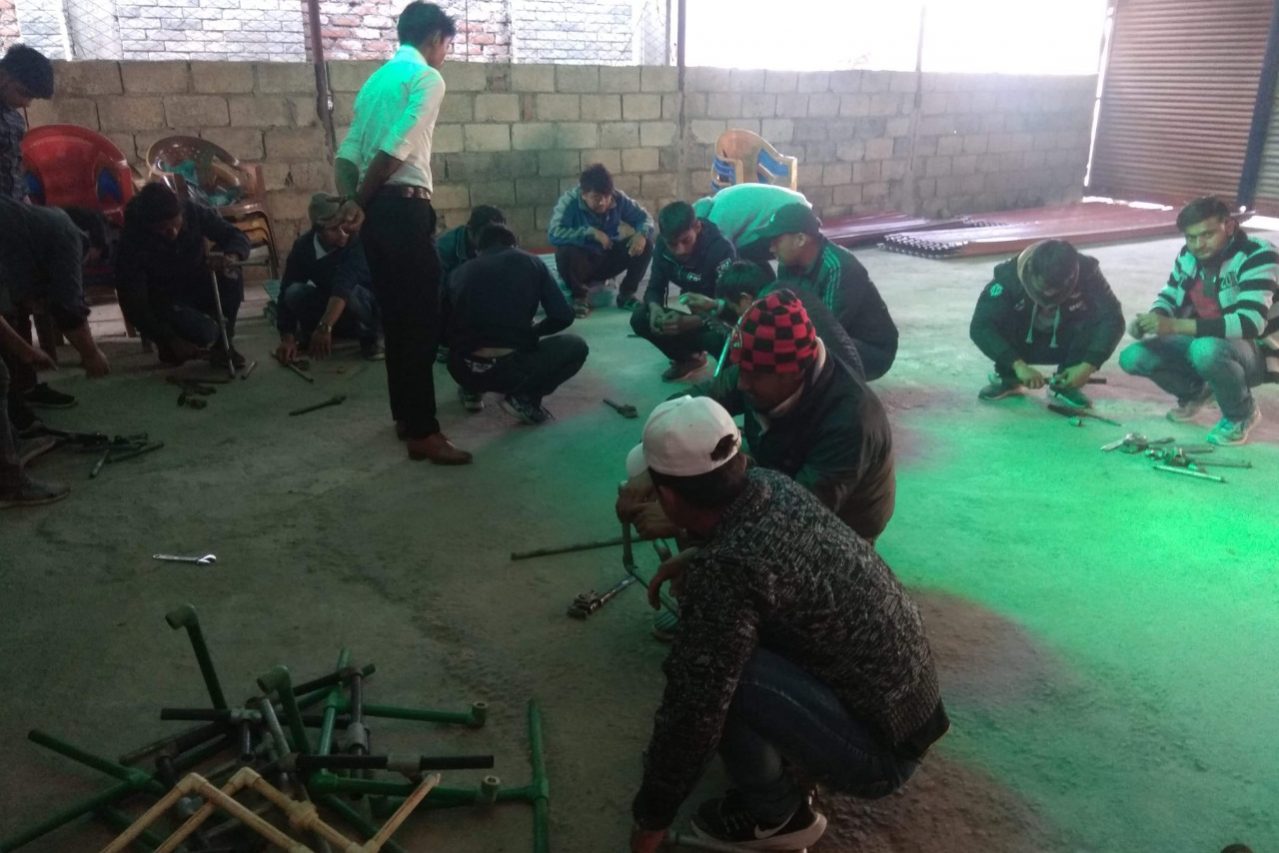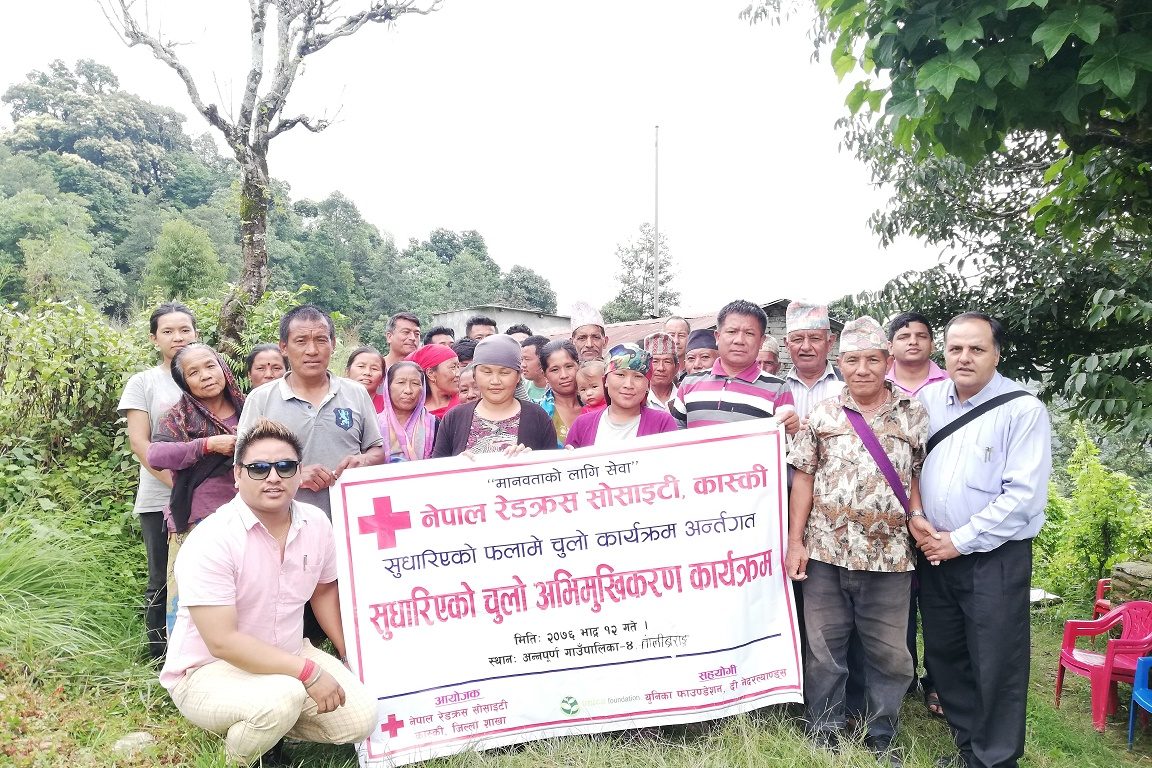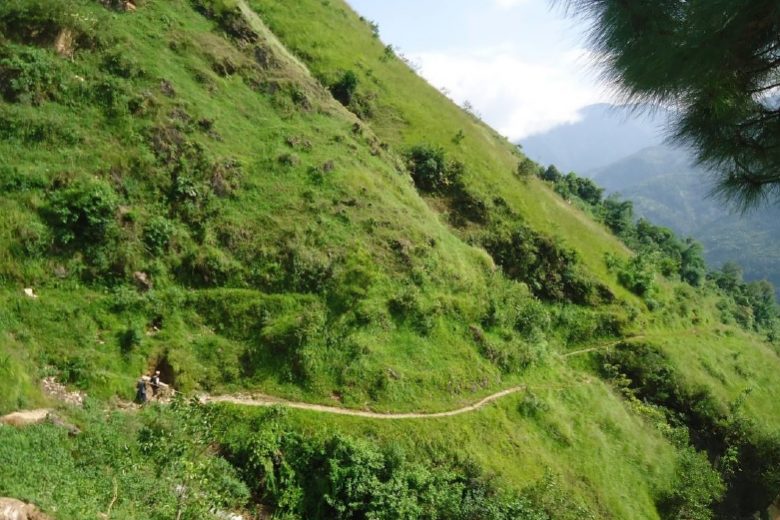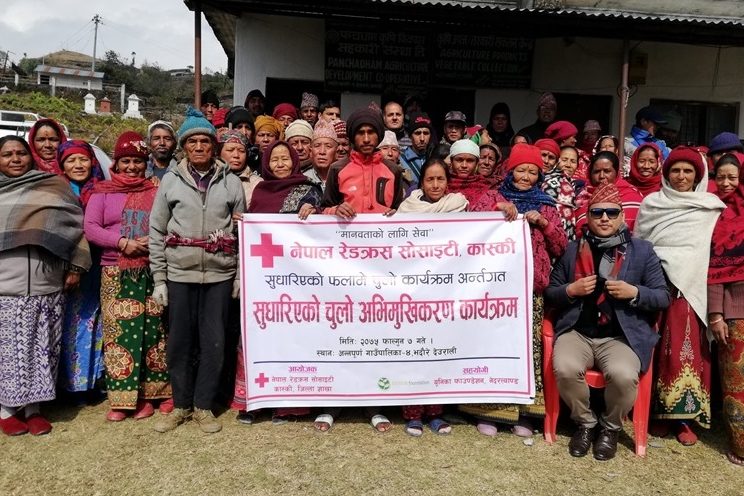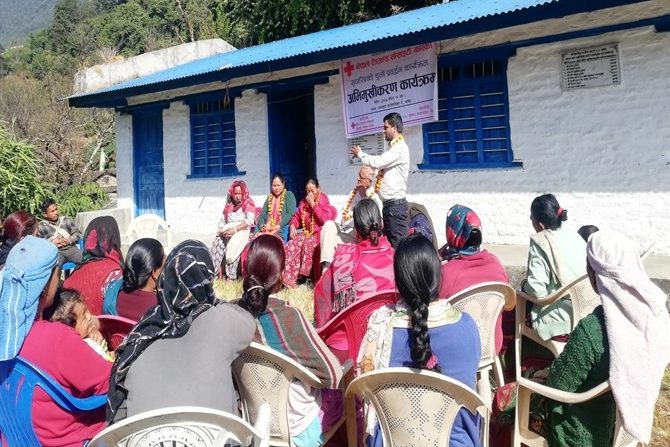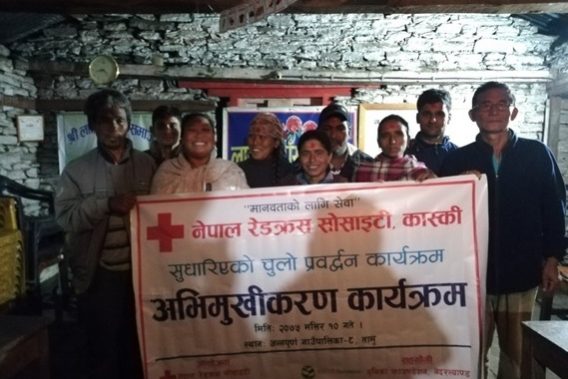Improving Tangting water supply
In the past (2010), the Unica Foundation realized a water supply with 210 tapping points in Tangting. Due to an additional water requirement and a reduced capacity of the original source, expansion of this system is necessary, with an extra reservoir. The following things are being realized within this…
Details



